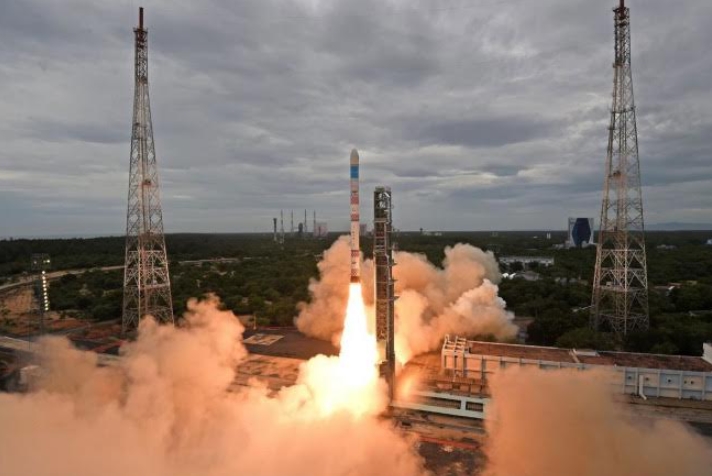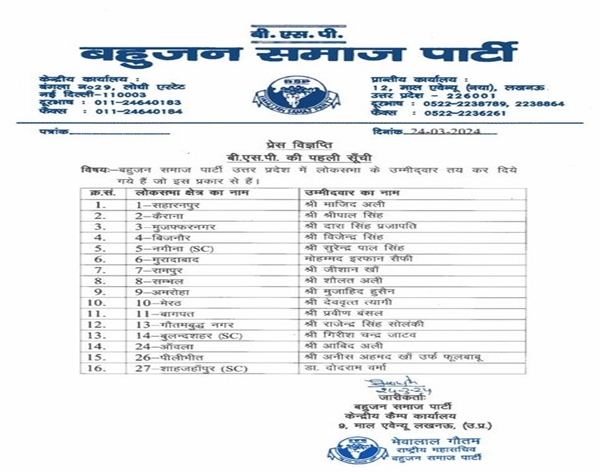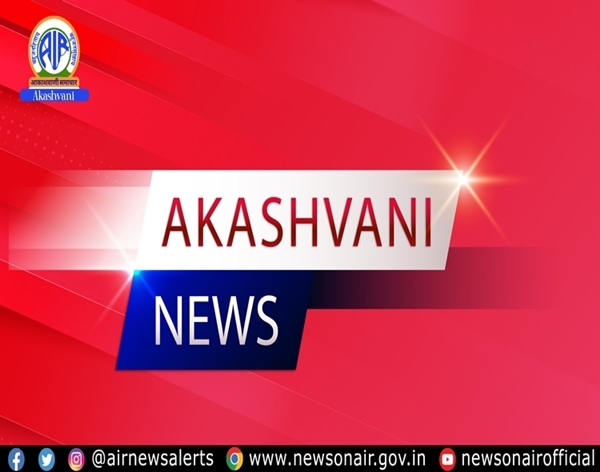The Indian Space Research Organization (ISRO), the country's leading space agency, is taking a significant step towards promoting private sector participation in the space industry. In line with India's space sector reforms, the Department of Space is considering the transfer of technology associated with the Small Satellite Launch Vehicle (SSLV) to eligible Indian industries. This move aims to enhance India's share in the global space market, which currently stands at approximately 2%.
ISRO, headquartered in Bangalore, has been at the forefront of advancing science, engineering, and technology for both India and humanity. With its primary objective of developing and applying space technology to meet national needs, ISRO has successfully established major systems for communication, broadcasting, meteorological services, resource monitoring, management, and navigation. To deploy satellites in desired orbits, ISRO has developed space transportation systems such as PSLV, GSLV, LVM3, and SSLV.
To facilitate the technology transfer process, the Indian National Space Promotion and Authorization Centre (IN-SPACe), an autonomous agency under the Department of Space, will play a crucial role. IN-SPACe is responsible for promoting and supervising space activities of non-governmental entities, including launch vehicle and satellite development, space-based services, and infrastructure sharing.
The global space industry has experienced its fastest growth since 2014, reaching a value of $469 billion in 2021, according to a report by the Space Foundation. This growth, driven by lower costs and technological advancements, has positioned the space economy for significant business activities in the coming decades. While a significant portion of the valuation is derived from enhancing services on Earth, there is untapped economic value in space operations, such as building structures and scientific missions to other celestial bodies.
India's share in the global space market has been limited, despite the nation possessing comprehensive space capabilities. The government-led Indian space sector, primarily driven by ISRO, has seen limited involvement from the private industry, mostly serving as vendors or suppliers.
To tap into India's immense potential in terms of human resources, technical expertise, and industry capabilities, the Union Cabinet made a historic decision in June 2020 to open up the space sector, enabling the participation of the Indian private sector in all aspects of space activities. IN-SPACe was established as a nodal agency to oversee and facilitate the space activities of non-governmental entities.
The technology transfer of the SSLV to Indian industries aims to establish a sustainable industry model for manufacturing, upgrading designs, and meeting market demand. The process involves shortlisting experienced Indian industries capable of absorbing the SSLV technology, including aerodynamics, structural design, auxiliary systems, propulsion technologies, and avionics.
The responsibilities of the selected party include assimilating the design methodologies, establishing infrastructure for launch vehicle realization, and taking the lead in launch vehicle mission design, simulation, and post-launch operations. The selected party must comply with applicable regulatory requirements, obtain necessary approvals and clearances, and lead quality control and assurance aspects.
ISRO's responsibilities include preparing SSLV work packages, providing training to the selected party's personnel, and leading quality assurance activities. ISRO will also support the selected party in technical reviews, project management, and other clarifications beyond the defined period.
IN-SPACe will steer the technology transfer process, define project milestones, draft necessary documents, and ensure compliance with regulatory requirements. They will also facilitate the selected party in obtaining statutory approvals and clearances.
The technology transfer process will follow a systematic approach. The responses to the Expression of Interest (EOI) will be reviewed, shortlisted bidders will have the opportunity to interact with ISRO virtually or in person, and a Request for Proposal (RFP) will be prepared based on feedback received. The proposals will be evaluated, and the technology transfer will be awarded to the party meeting all the selection criteria. The process will be completed within a defined period of 24 months or the realization of two launch vehicles, whichever comes first.
The opening of the space sector to Indian industries signifies a major milestone in India's space exploration journey. The participation of the private sector is expected to unlock new opportunities, boost innovation, and propel India's presence in the global space market.















